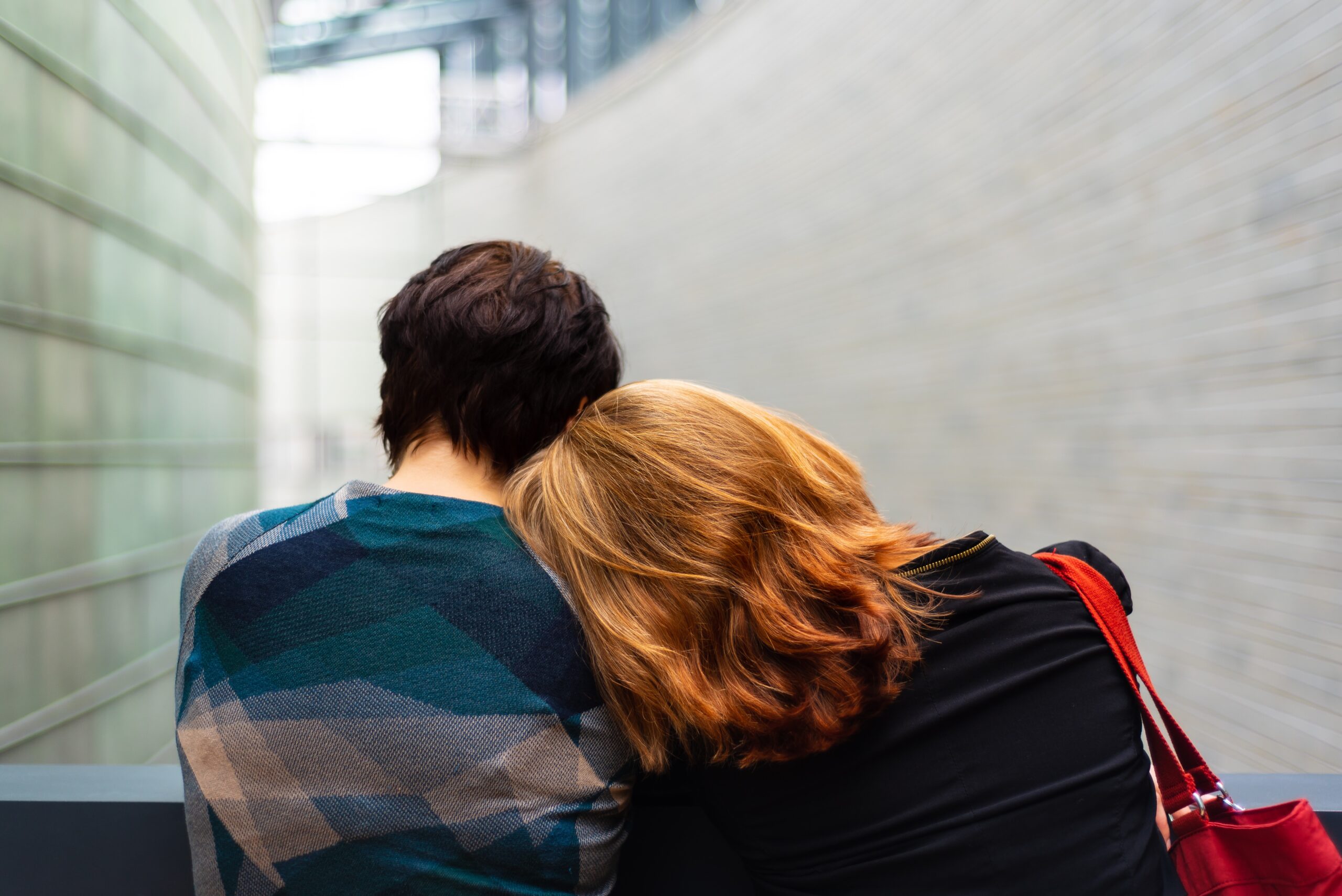I previously wrote about the rise in substance use among individual Americans during the Covid-19 pandemic. However, little has been explored regarding substance use among couples during this period. Couples who live together are spending more time around each other, getting bored or exhausted with lack of variation in life, and some are turning to drugs and alcohol to provide escape from the current times, or even an escape from his/her romantic partner.
In mid-August, the Centers for Disease Control (CDC) revealed the results of a survey conducted in the Summer of 2020 that opens a window into just how serious the psychological and emotional impact of the pandemic is for Americans from all backgrounds and statuses. The survey shows that 13.3% of respondents who describe themselves in a “committed relationship,” reported starting or increasing substance abuse (including drugs and alcohol). In addition, more than twice as many respondents reported increased severity in mental health symptoms in the past 30 days than did adults in the U.S. in 2018, referring to the previous 12 months (10.7% versus 4.3%).
Most leaders in the addiction recovery community share the common thought that a couple who is experiencing addiction should not go to treatment at the same rehab center. However, with the closure of and limited capacity of many treatment centers, couples are left with no other choice than to attend treatment together if they want to get professional help.
However, unhealthy relationship dynamics can hinder recovery when couples go through rehab together. Codependent couples, for instance, may find it especially difficult. Fearing the reaction of their mate, a more passive partner in a codependent relationship may find it challenging to speak freely to their providers. Or, they may become too focused on their partner’s recovery and not their own.
Another major concern is whether a relapse by one partner might trigger the other partner to slip. Because the risk of relapse is highest during the stabilization period, it’s vitally important for the patient to be in a drug-free environment. So if one partner is not as fully committed to sobriety, it may harm them both.
Personally, when working with couples who seek treatment in the same place, I have seen mediocre to negative outcomes on the whole, as people without substances can present as very different people than the person each other was with while intoxicated.
What do you think? I’d love to know your thoughts, as somebody with experience, somebody who has witnessed this or, from any clinicians who have observed couples in treatment together.
